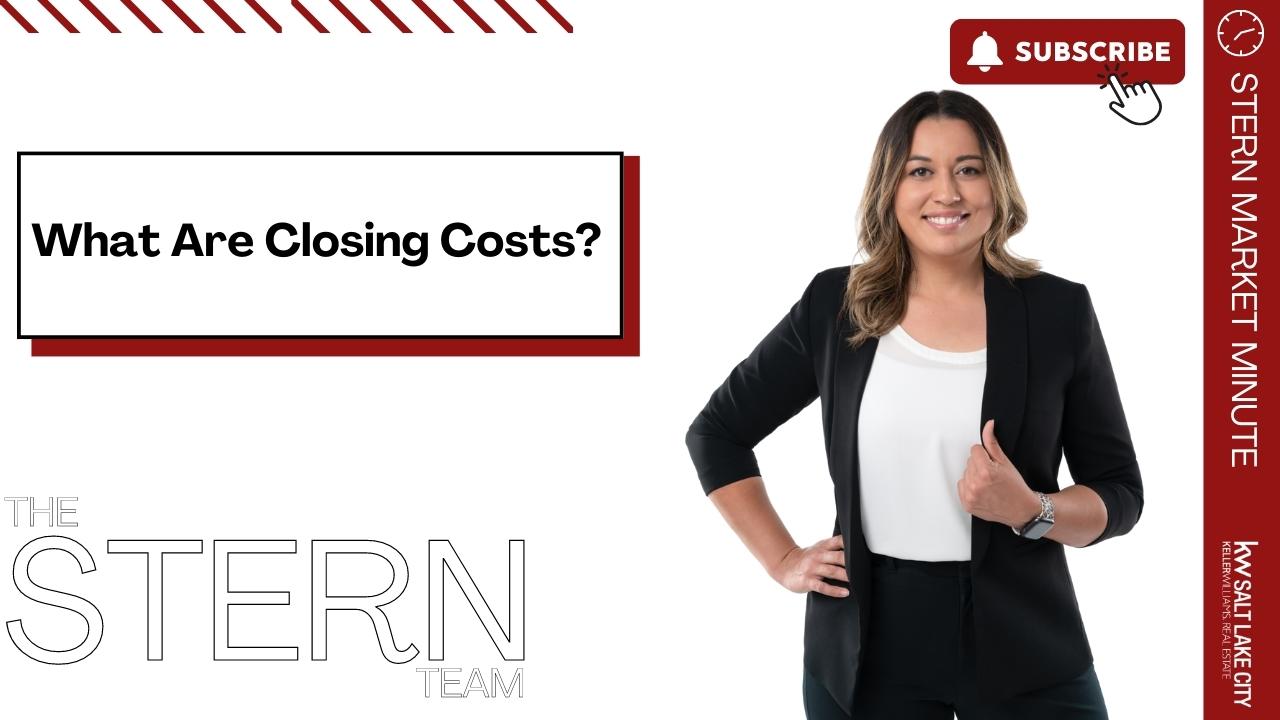One of the most exciting and nerve-racking moments in your life is buying a home. You get to find a place to call your own and create new memories with your family. However, before you can recline in your armchair and enjoy your comfortable new abode, you have to consider the financial aspect of your investment. That’s where closing costs come into the picture. In this blog post, we will define these costs, outline the fees, and understand how much they will set you back
First off, let’s define closing costs. These are the fees you pay when finalizing a real estate transaction, whether you’re refinancing a mortgage or buying a new home. These fees can be a percentage of your mortgage loan and are broken down into “Property-Related” and “Mortgage-Related.” Therefore, it’s crucial to be financially prepared for this expense. Don’t let these costs sneak up on you like an unexpected neighbor borrowing sugar.
Let’s take a closer look at the property-related fees that are part of your closing costs. These costs include the appraisal fee, home inspection fee, title search, title insurance, and property taxes. The appraisal fee covers the cost of determining the value of the property you intend to buy. A home inspection fee is to ensure the house you’re buying is in good condition, while a title search checks whether there are any legal issues connected to the property. Title insurance is meant to protect you as the buyer in case of problems with the title, arguing a third party or other circumstances. Lastly, property taxes are prorated, meaning you’ll need to pay the seller back for any property taxes they prepaid up to when you buy the property.
Now that we have covered the property-related fees let’s move to the mortgage-related fees. These fees are designed to cover the cost of processing your mortgage loan. They include the credit report fee, origination fee, application fee, underwriting fee, and points. The origination fee is the charge for setting up the loan, while the application fee pays for preparing and processing the paperwork. The underwriting fee covers the cost of reviewing the loan application. Points are an option to reduce your mortgage rate but will require an upfront payment.
Closing cost percentages can range between 2-5% of the mortgage loan total. That may seem like a lot of money just to finalize your property purchase, but it’s important to keep in mind that these fees help secure your new home and protect your investment. By thinking of closing costs as an investment towards the longevity of your property instead of a payment.
In conclusion, closing costs are a vital part of buying your new home, and it’s important for home buyers to get a clear understanding of what they are and how much they cost. These fees include property-related and mortgage-related expenses, covering the cost of a home appraisal, home inspection, title search and insurance, processing various loans. The costs are usually a percentage of the mortgage loan, and they can vary from 2-5% of the mortgage amount. While no one looks forward to paying the fees, knowing what they will be and preparing for them financially is a crucial part of any real estate transaction. So, when you’re buying a new home, don’t let the closing costs surprise you. Take a deep breath and make sure you’ve factored them into your budget.

